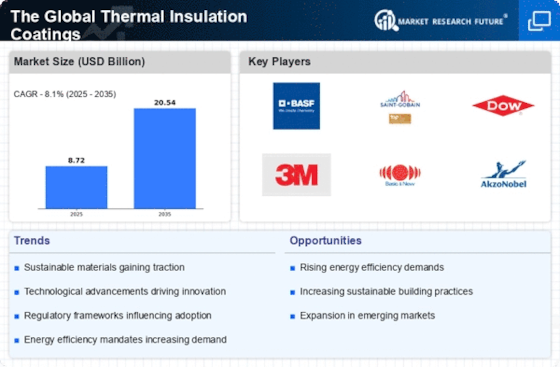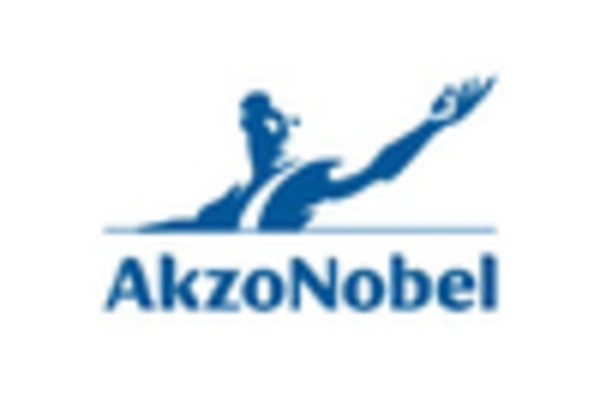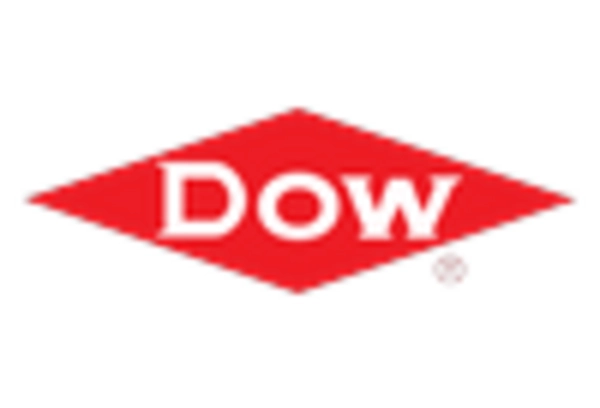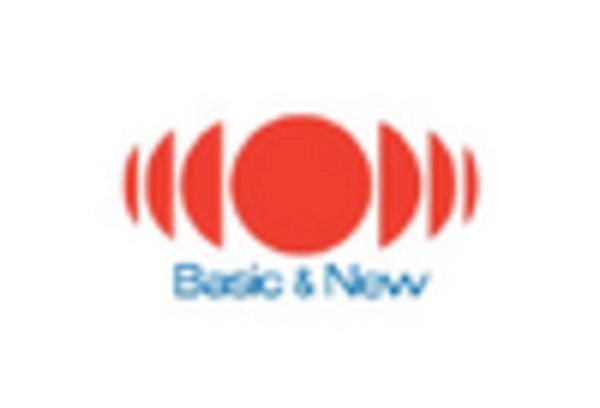Market Share
Thermal Insulation Coating Market Share Analysis
The Thermal Insulation Coating market is dynamic and competitive, thus companies use different market share positioning methods. Companies often differentiate by creating improved thermal insulation coatings that improve energy efficiency, durability, and sustainability. Research & development to create new formulas or incorporate cutting-edge technologies are common. Companies can capture a specific market niche and become thermal insulation leaders by producing coatings with unique qualities.
The Thermal Insulation Coating market also emphasizes cost leadership. Optimizing manufacturing processes, acquiring raw materials cheaply, and managing supply chains help companies become cost-effective producers. Companies may attract budget-conscious consumers, builders, and organizations aiming to minimize energy usage without sacrificing quality by offering affordable thermal insulation coatings. Cost leadership helps organizations compete in price-sensitive markets.
Strategic market segmentation tailors thermal insulation coatings to specific applications or sectors. Construction, industrial, and automotive customers have different needs, thus companies manufacture specialized coatings. This focused strategy helps companies access multiple market sectors and assures that their thermal insulation coatings match application requirements, increasing market share.
Partnerships and collaborations are important in Thermal Insulation Coating. Companies often partner with construction firms, energy efficiency organizations, and others to share resources, experience, and market insights. These alliances can speed up market entry, research and development, and regulatory compliance and technical advancement issues. Collaborations improve organizations' market placement and ability to address thermal insulation industry needs.
Thermal Insulation Coating market share depends on innovation. Research and development of new formulas, application methods, or eco-friendly solutions gives companies an edge. Continuous innovation attracts environmentally concerned consumers and positions companies as leaders in developing trends like sustainable thermal insulation solutions. Staying ahead in technology helps organizations gain market share and a reputation for cutting-edge products.
Thermal Insulation Coating marketing relies on brand building. Gaining customer and stakeholder trust requires a reliable, energy-efficient, and environmentally responsible brand image. Branding allows companies to stand out, charge higher rates for their thermal insulation coatings, and influence buying decisions in a performance- and sustainability-focused market.
Thermal Insulation Coating firms use geographical expansion to grow their market share. You enter new regions or countries to tap into rising energy-efficient markets. Expanding geographically lets organizations access new customers, adapt to regional regulations, and seize new possibilities. Understanding local construction practices, energy efficiency regulations, and market dynamics is essential for worldwide expansion.


















Leave a Comment